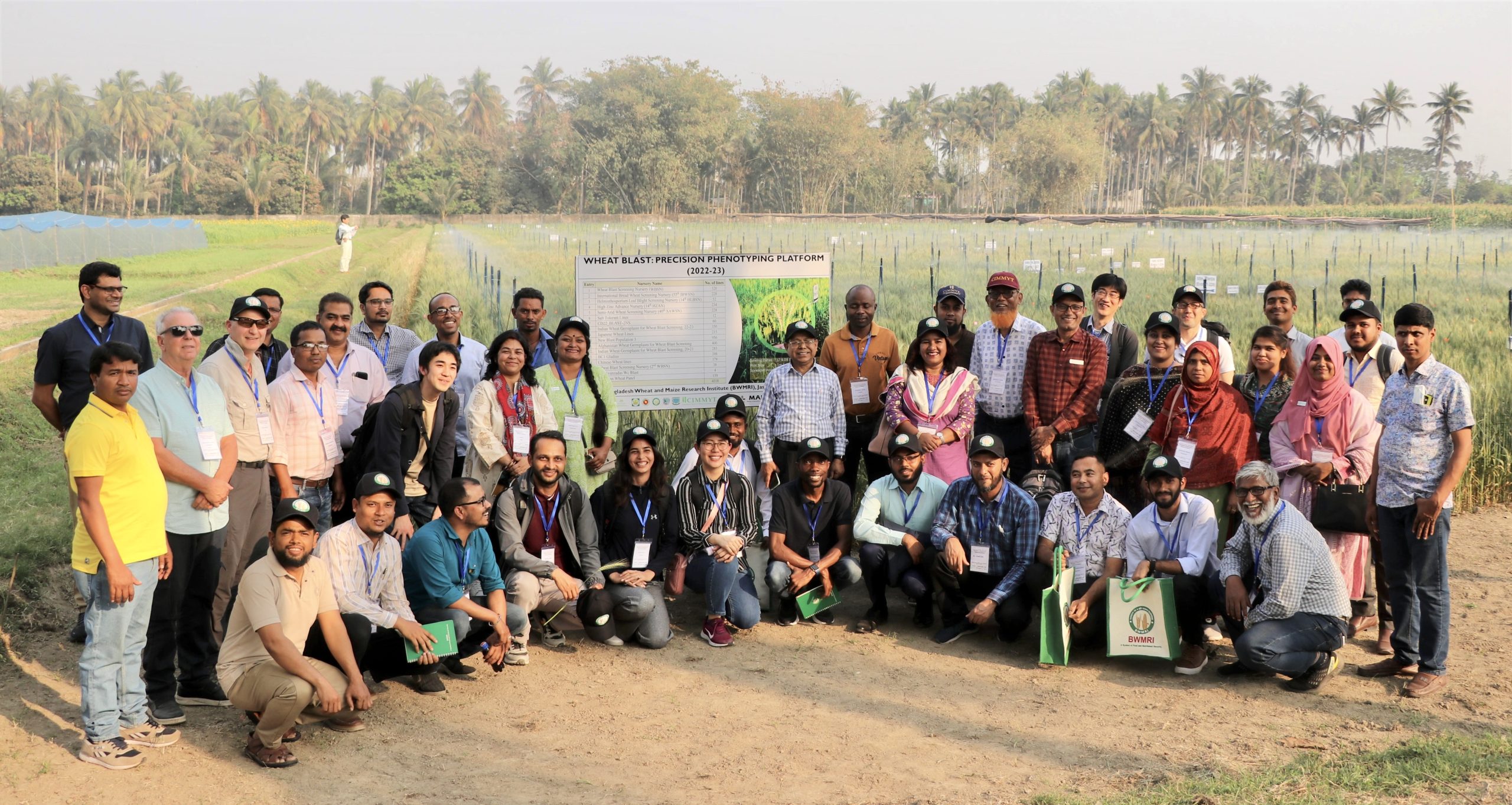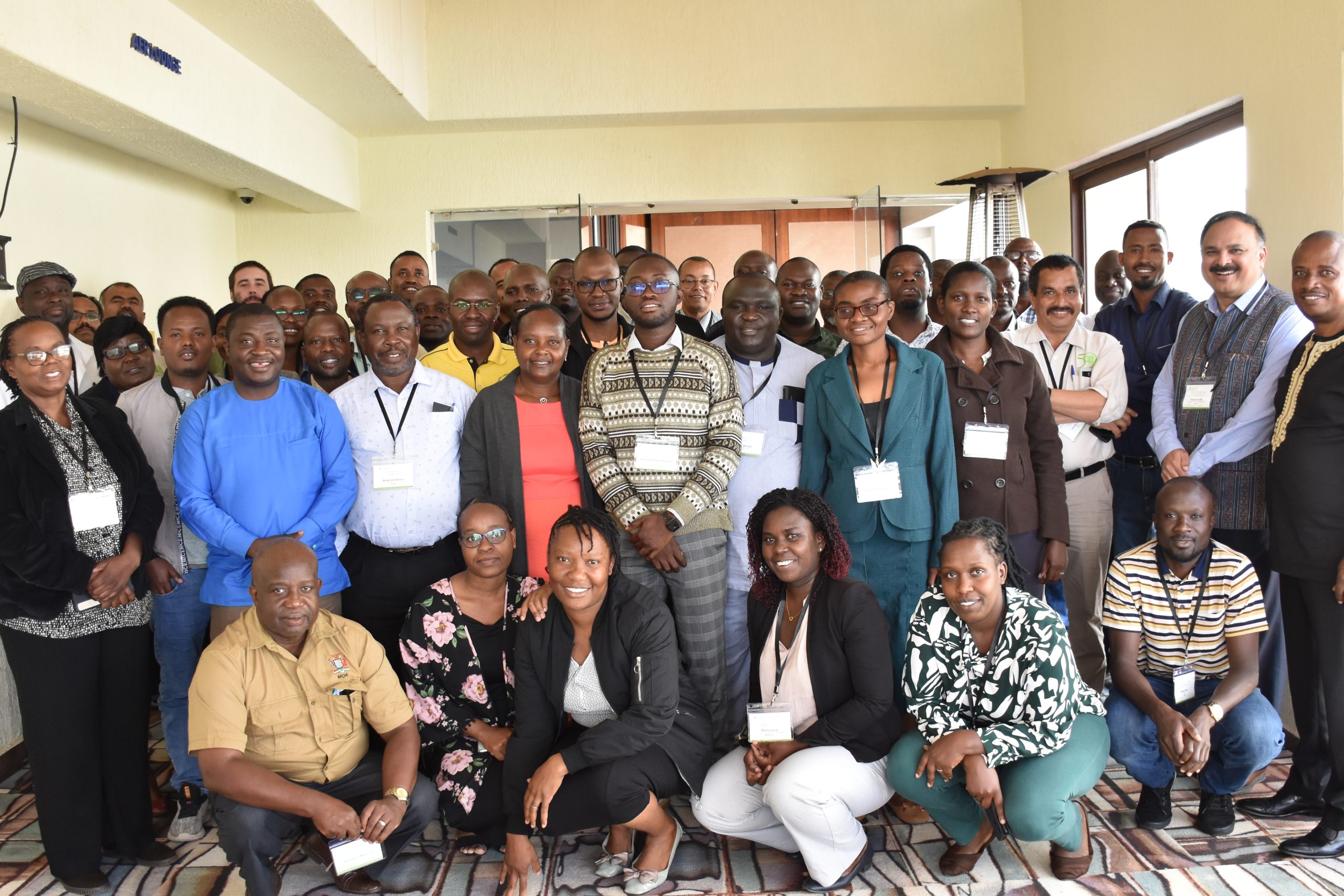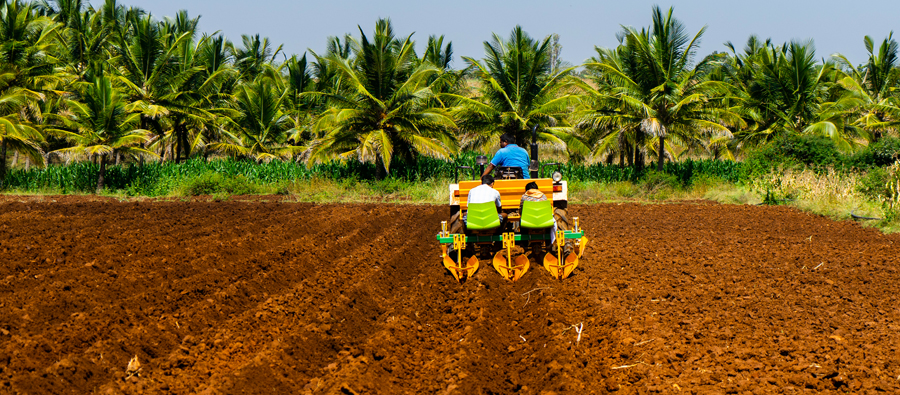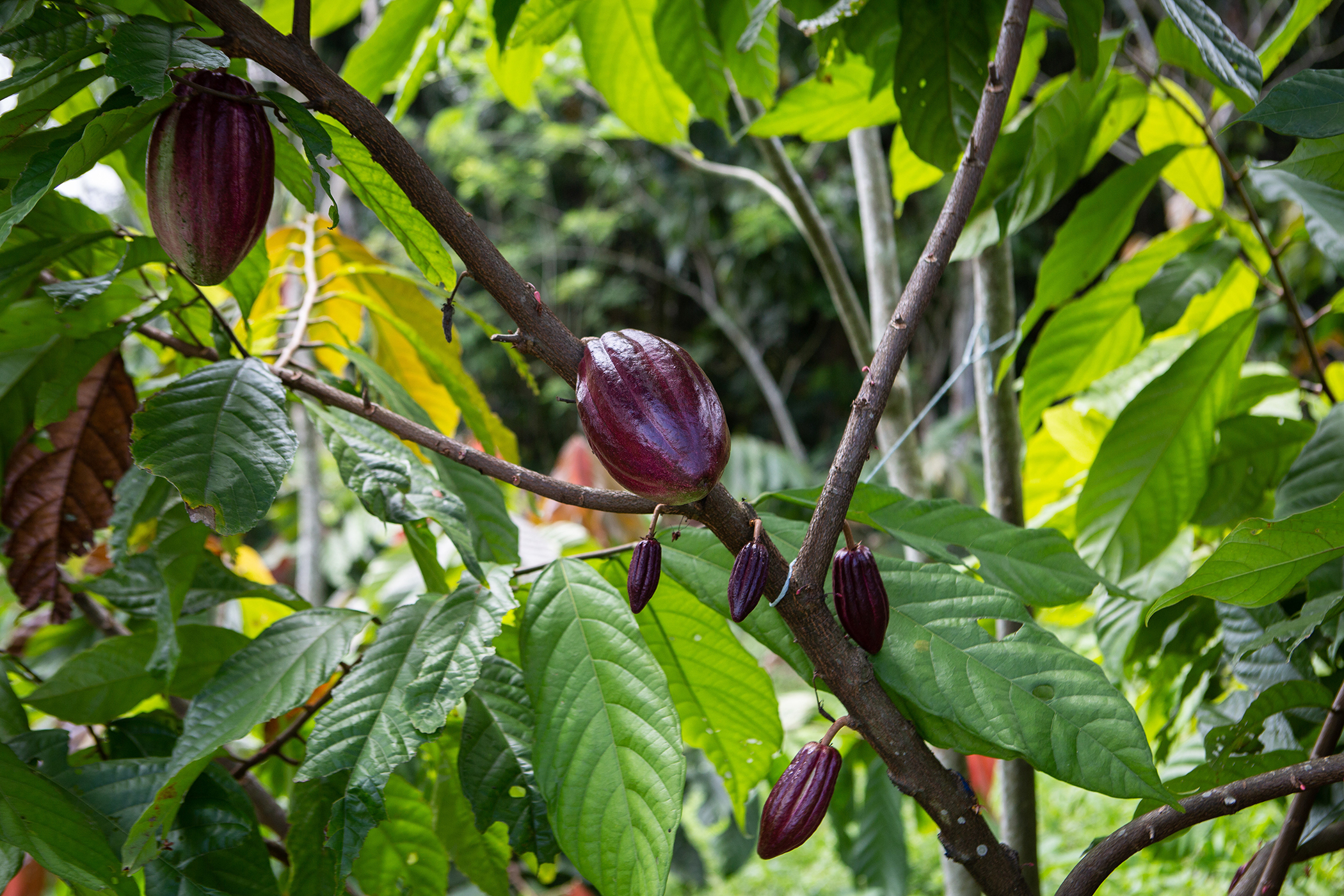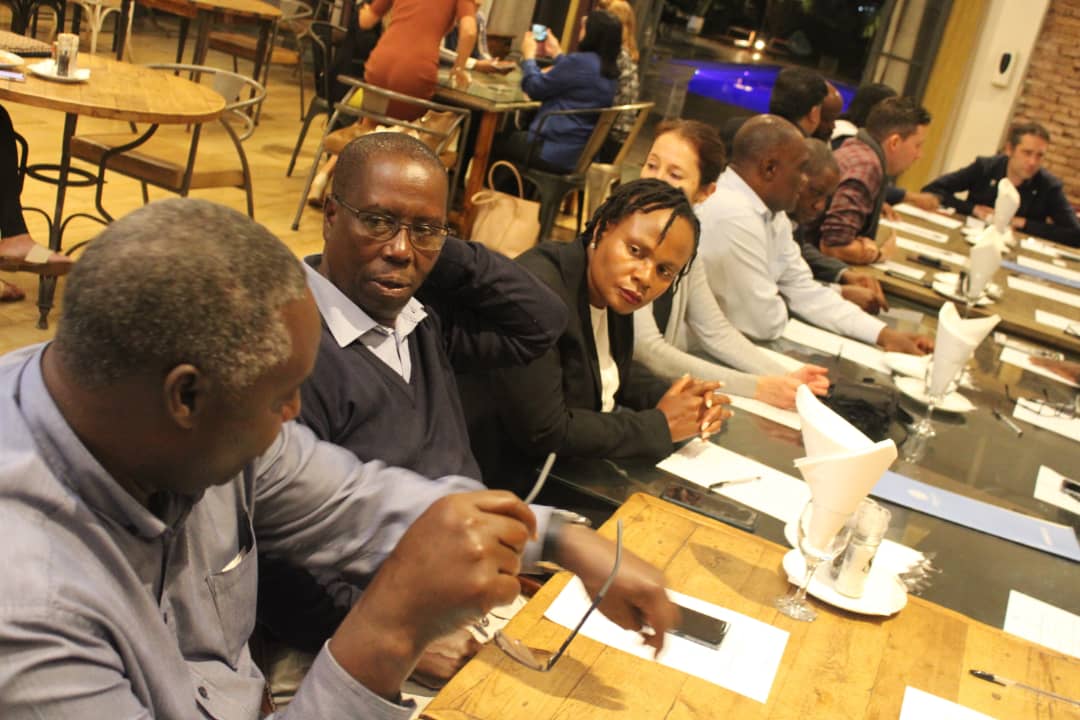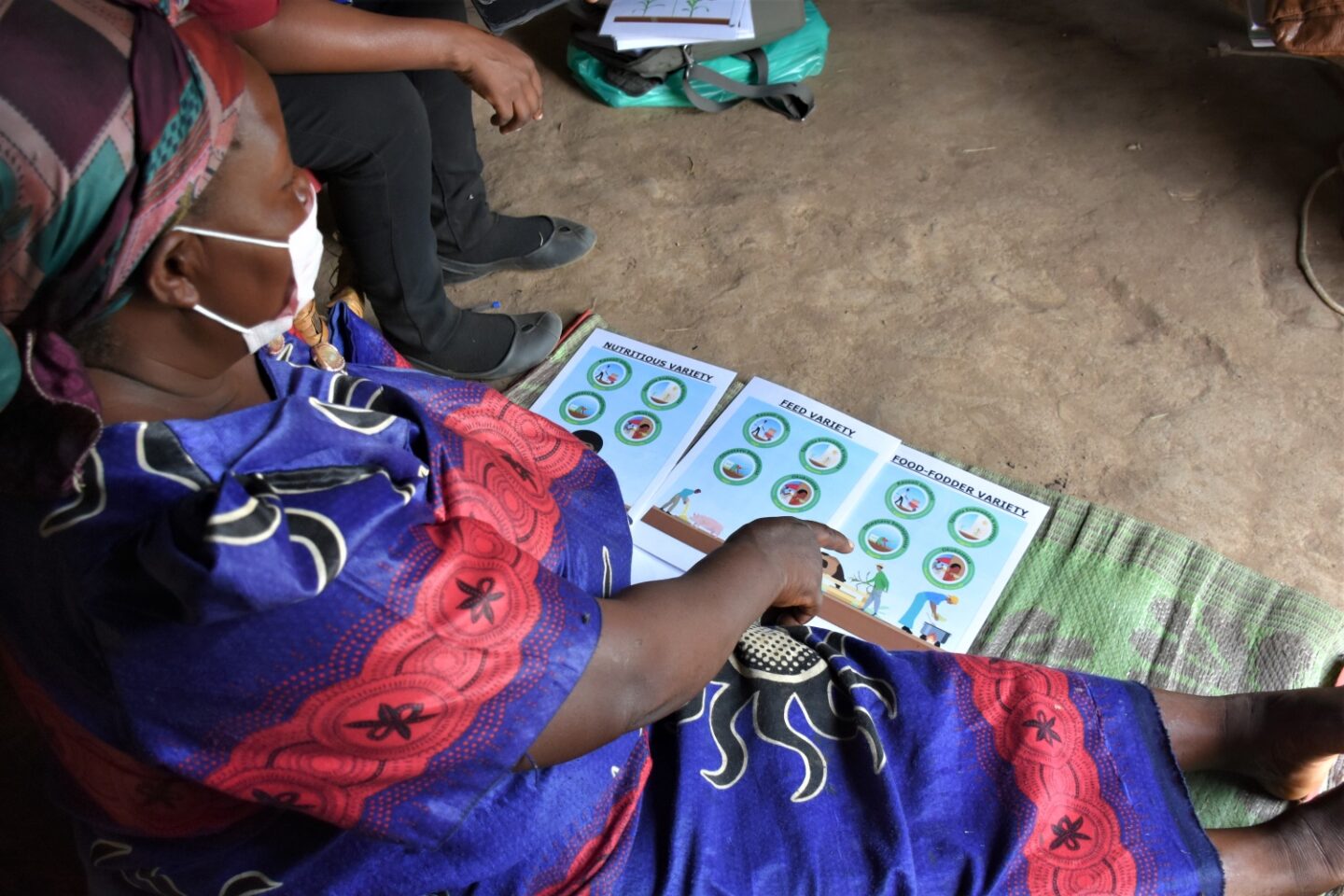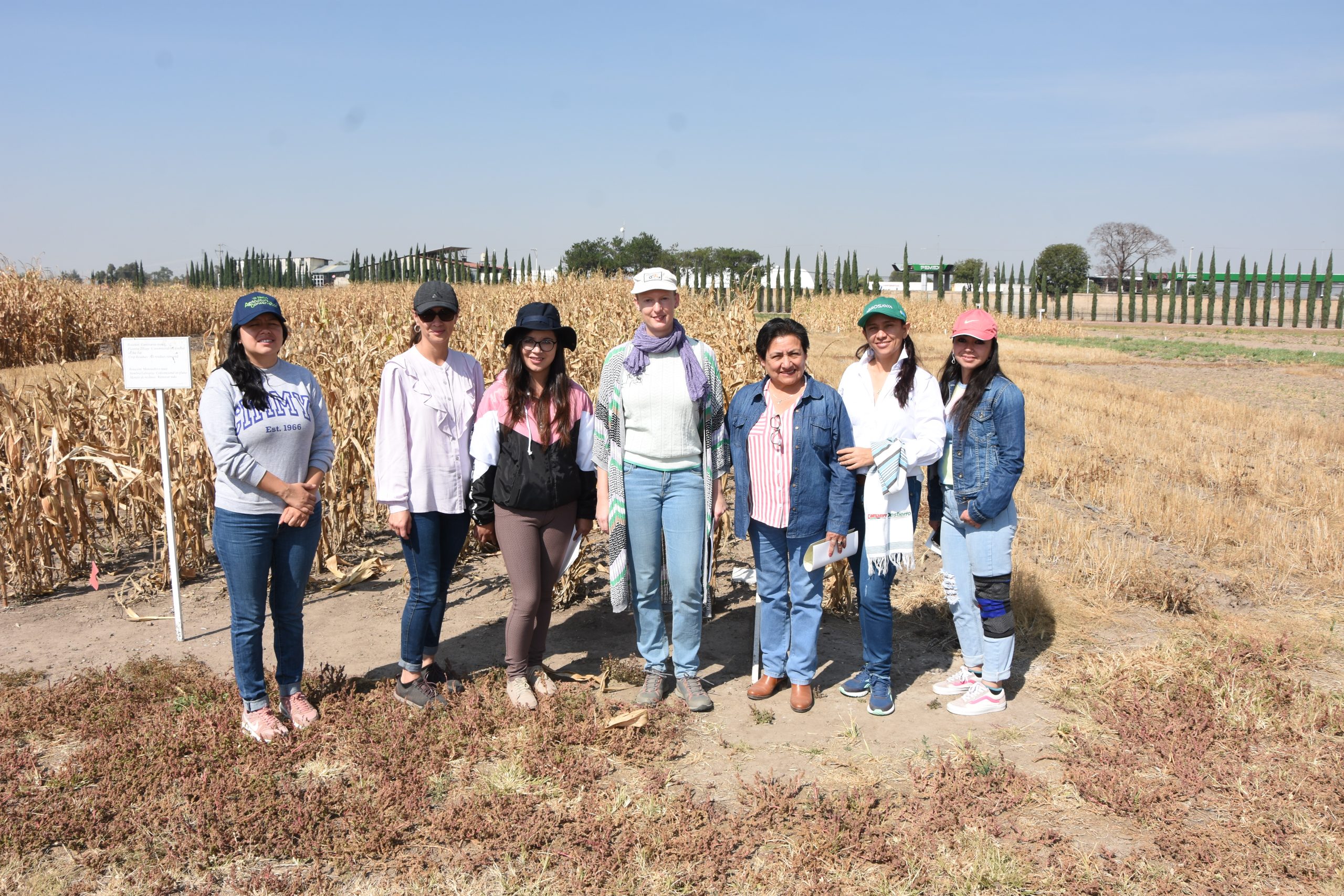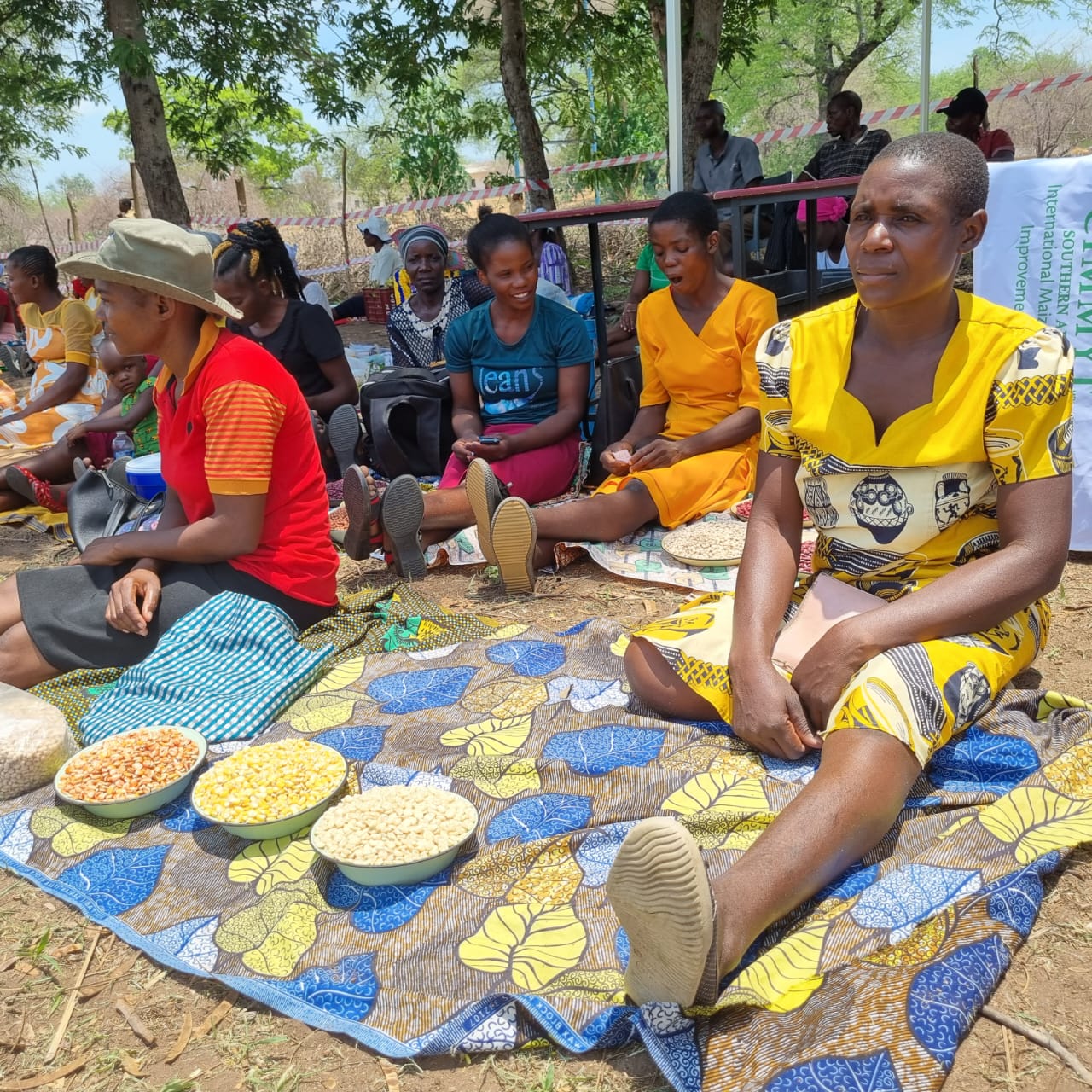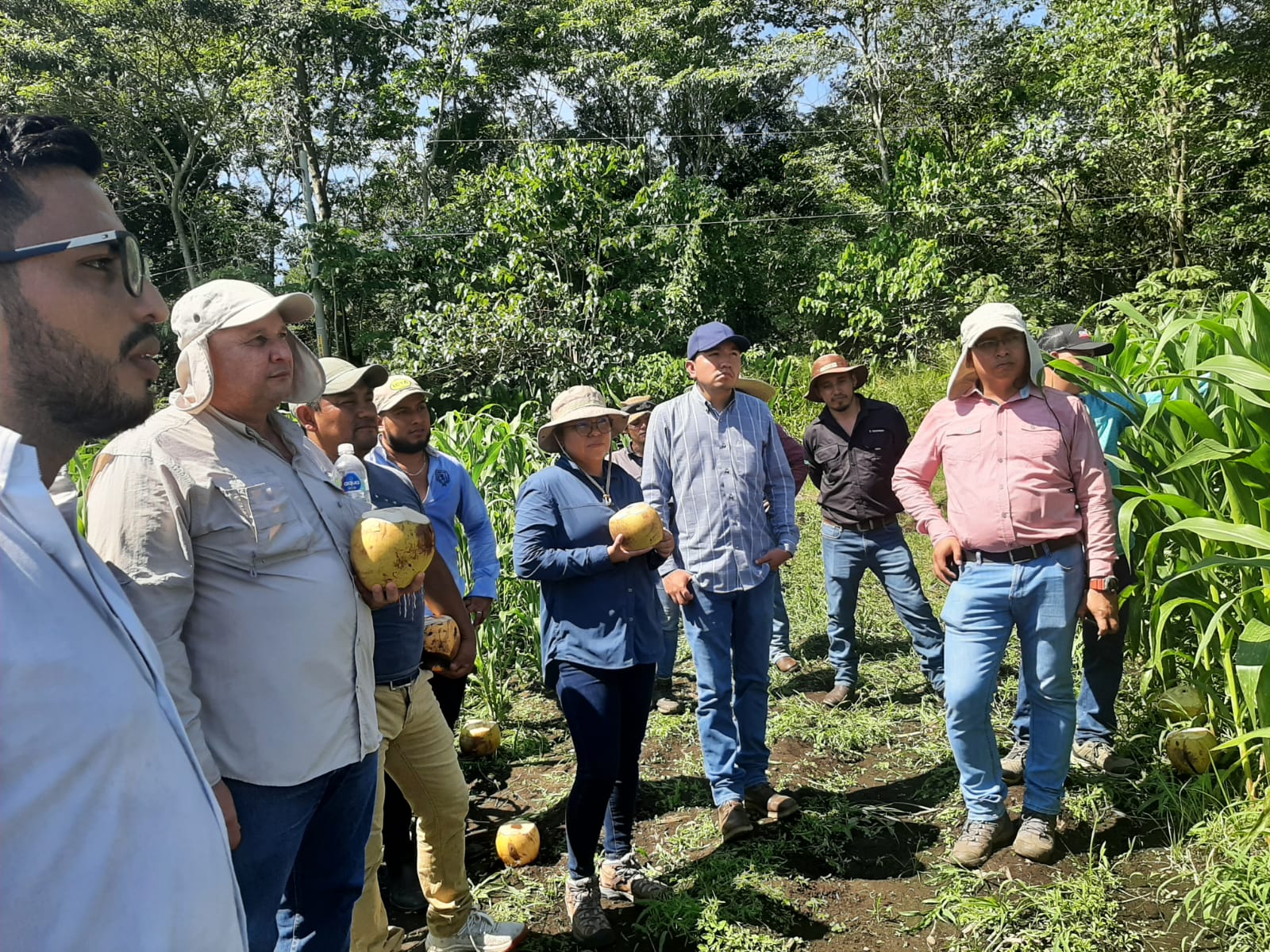Capacity development
CIMMYT training courses play a critical role in helping international researchers meet national food security and resource conservation goals. By sharing knowledge to build communities of agricultural knowledge in less developed countries, CIMMYT empowers researchers to aid farmers. In turn, these farmers help ensure sustainable food security. In contrast to formal academic training in plant breeding and agronomy, CIMMYT training activities are hands-on and highly specialized. Trainees from Africa, Asia and Latin America benefit from the data assembled and handled in a global research program. Alumni of CIMMYT courses often become a significant force for agricultural change in their countries.
Pakistan’s wheat yield may decline 16pc due to climate change
 Capacity development
Capacity development
Source: Dawn (25 Jun 2023)
The wheat simulation models have been widely used to study diverse cropping systems, as growing conditions and the impact of climate change on wheat vary across the globe. Simulations for South Asian countries suggested a different magnitude of climate change impacts, particularly due to warmer temperatures.
CIMMYT and BWMRI host international training program on surveillance and management strategies for wheat blast
 Capacity development
Capacity development
Wheat researchers, government extension agents, and policy makers gather in Bangladesh to develop their skills in pathology, breeding, agronomy, integrated disease management and agricultural extension technologies.
Building capacities for advanced modern breeding programs in Africa
 Capacity development
Capacity development
CIMMYT trains scientists in product profile-based maize breeding for increased genetics gains.
New generation of farmers lead the way in making farming more productive and profitable
 Capacity development
Capacity development
Smallholder farmers increasingly benefit as the younger generation adopts mechanization and sustainable agri-technologies.
Chinese, Pakistani scientists collaborate in wheat molecular breeding
 Capacity development
Capacity development
Source: Technology Times (24 May 2023)
CIMMYT, Pakistan’s National Agriculture Research Center, and China’s Ministry of Science and Technology have collaborated in a project to increase the capacity of breeders and technical staff to develop new high-yielding and disease-resistant wheat varieties.
A promising partnership
 Capacity development
Capacity development
The delivery of row seeders from India to Benin demonstrates a new path to sustainable South-South business relationships.
Farmers on the Front Lines: Mexico’s Cacao Crops Are Recovering Thanks to Women Like This
 Capacity development
Capacity development
Source: Global Citizen (21 Apr 2023)
CIMMYT gender research helps the Agrovita program, a collaboration between PepsiCo and Proforest, a UK-based agriculture non-profit, to design and promote gender sensitive training programs for smallholder cacao farmers in Tabasco and Chiapas, Mexico.
Strengthening partnerships with government and private sector in Malawi
 Capacity development
Capacity development
CIMMYT-led event bringing private sector and government together is a success story of the power of collaboration.
China, Pakistan launched joint wheat breeding lab
 Capacity development
Capacity development
Source: Gwadar Pro (7 Mar 2023)
A joint lab for molecular breeding wheat research launches, with investment from China, Pakistan and CIMMYT.
Market Intelligence Briefs – a new publication series to inform crop-breeding decisions
 Capacity development
Capacity development
The CGIAR Initiative on Market Intelligence releases two reports on a framework for informing crop breeding and future market segments for hybrid maize.
Staple commodities: Country can save $1.3bn annually by developing efficient storage system
 Capacity development
Capacity development
Source: Business Recorder (2 Feb 2023)
The development of hermetic storage technology can help farmers in Pakistan to protect their crops post-harvest and pass on financial savings to consumers.
Latin American female scientists collaborate on CIMMYT-supported TechMaiz project
 Capacity development
Capacity development
Women researchers from Colombia, Ecuador, Guatemala and Peru work alongside each other on innovative project and build bonds in the hope of completing future projects.
Scaling Scan website launched
 Capacity development
Capacity development
New website offers one stop shop for scaling agricultural innovations.
Farmers in Zimbabwe embrace agroecology
 Capacity development
Capacity development
In the Mbire and Murehwa districts of Zimbabwe, smallholder farmers are being introduced to agroecology interventions as part of a CGIAR Initiative.
Building capacities in genetic resources and seed production strengthens collaboration ties between Guatemala and CIMMYT
 Capacity development
Capacity development
More than 20 participants attended the genetic resources and seed production courses delivered by CIMMYT scientists in Antigua, Guatemala.

